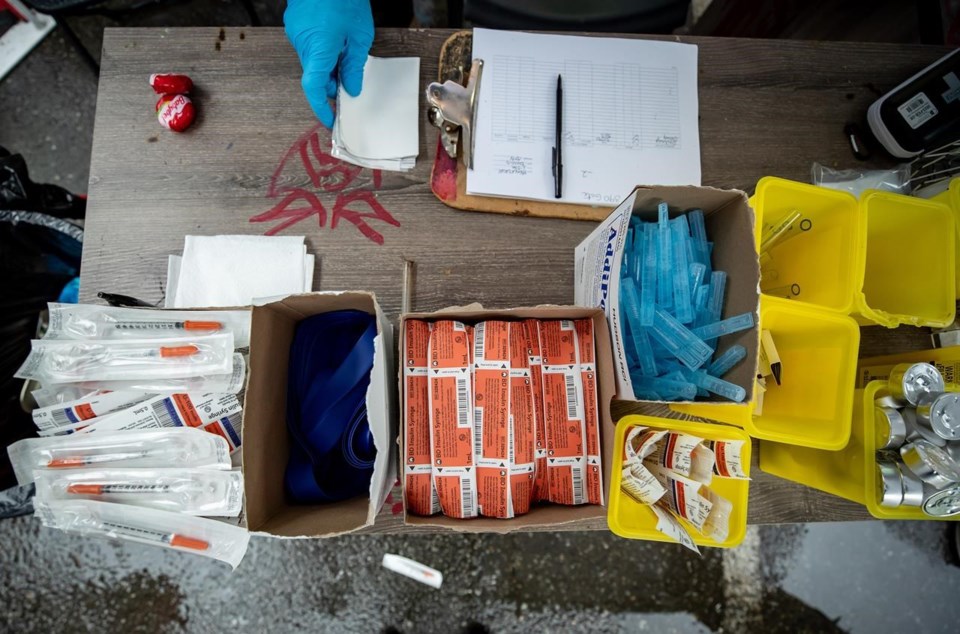VANCOUVER — Jill Diamond says when her brother Steven was struggling with substance addiction the system meant to support him was messy and filled with delays, disappointments and waitlists.
After years during which prolonged periods of sobriety were punctuated with the pain of addiction, she says her athletic, loving and helpful brother was put on a waitlist to see an addiction psychiatrist.
He died in 2016 from a fentanyl overdose less than a week before the appointment.
"Some people say the system is simply broken. But the truth is, the system we need doesn't even exist," she said.
The Diamond family, well known for their philanthropy around the province, is donating $20 million towards a new model for addictions treatment based out of Vancouver's St. Paul's Hospital.
Called Road to Recovery, the 95-bed program aims to streamline the process for someone working their way through withdrawal management, inpatient recovery-focused care, transitional housing and outpatient treatment.
"We don't want people to be forced to endure agonizing waitlists while navigating different resources at different places at different times," Diamond said at the donation announcement on Monday.
"Instead, we aim to cut weeks or months off waiting lists within a full spectrum of treatment services all in one location — seamless, centralized — setting a new standard across Canada."
Dr. Seonaid Nolan with Providence Health Care, a program partner, said intake and access to addiction services will be centralized to improve communication between service providers and referrals will be co-ordinated.
"It's about increasing treatment capacity, but more importantly, a re-organization and developing a comprehensive co-ordinated treatment system for people so that they can receive the right level of support that they require when needed," she said.
The province has committed $60.9 million over three years toward the program's operating costs.
Fiona Dalton, president of Providence Health Care, said the donation from the Diamond Foundation was a "catalyst" to getting the province on board.
"We were able to go to the government with this really fundamental new way of working and we were able to say, 'and to enable this we have a commitment from a donor to put all of this money in,' " she said.
"And that was really what enabled us to have that conversation."
The program will include 45 beds at St. Paul's and 50 in nearby locations.
The first beds, focused on stabilization, are expected to open this fall, with the rest in St. Paul's available within the next six to nine months, while the beds outside the hospital are expected within a year, Dalton said.
Steven Diamond was known as a giving addictions counsellor and massage therapist, his sister said.
Jill Diamond said her brother had professional and personal knowledge of the addictions landscape, as well as "family means" to pay for recovery.
"The fact that even he couldn't get well, despite giving his entire life's effort, shows addiction is a disease that must be looked at medically with new models of care," she said in a statement. "That's what today is about."
This report by The Canadian Press was first published June 12, 2023.
The Canadian Press



